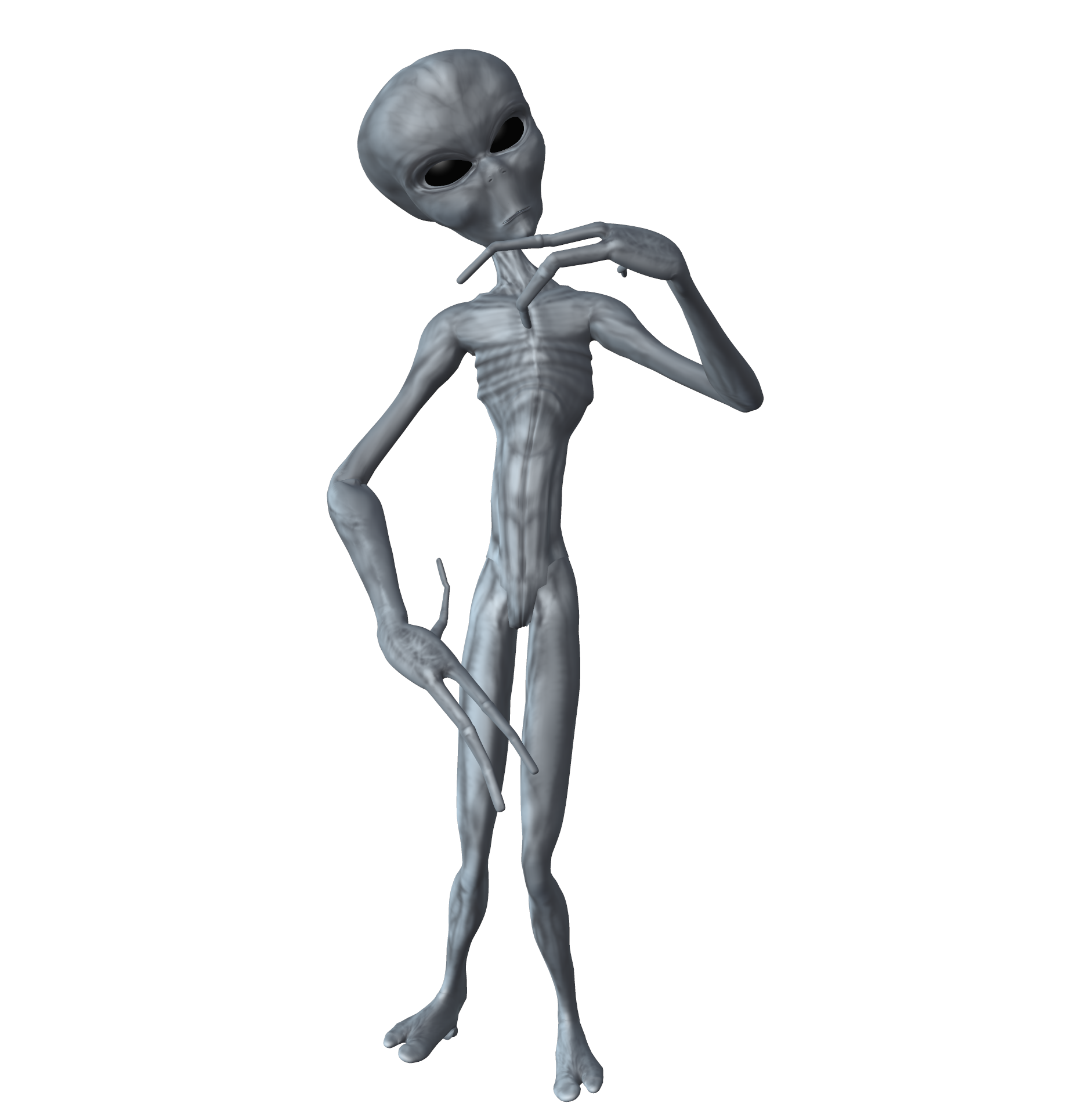For a long time it has been a standard truism of the archaeological community that King David probably never existed. This conclusion was drawn by virtue of the fact that no hard evidence of his existence was unearthed - until recently. In what has been hailed as a significant discovery, an inscription on a stone from Tel Dan in Israel describes the conquests of Hazael, king of Aram-Damascus and the killing of Ahaziahu - King of the "House of David." You can read about it here.
Archaeology is great and they do the best with what they have - which is often very little. Like other forensic sciences, archaeology attempts to piece together a story-line based on a limited series of clues. Often these clues can be interpreted in a variety of ways which can lead to heated debate on any given find. Other times, there are no clues available at all. What conclusions should be drawn in such cases? Should they be drawn at all? Despite the fact that it's logically understood that "lack of evidence is not evidence of lack," in the case of a (supposedly) major figure like David, there was a sense that we should have found something by now. When nothing was, it was taken as evidence that no such person actually existed.
What we see from this is, as is always the case, that whatever assumptions we bring to a given set of information will color our conclusions about it. It's interesting to note that the Federal Government continues to spend millions of dollars on the Search for Extra-Terrestrial Life (SETI) project despite its total failure to produce a scrap of evidence of alien intelligence. Why? Because it's simply assumed that given the vastness of space that there simply must exist other habitable regions that have produced intelligent life. No proof, but an accepted truth nonetheless.
Contrast this with the fact that the Jewish People have writings thousands of years old that describe the life and times of David in detail. These writings have been faithfully transmitted from teacher to student and from parent to child for a very long time. It's part of our national consciousness and has always been known to be true. How interesting that this counts for nothing in the eyes of the scientific and historical communities. Will they believe us more now that they see we knew this particular piece of information about our King long before they did? Probably not, since they already "know" that biblical accounts are largely mythological or historical fiction at best.
Perhaps in time Jewish national consciousness will be given its due and the opinions (and historical record) of the people who actually lived these events, knew its players and carefully transmitted it from generation to generation will be taken seriously. Until then, it appears that we'll need to patiently wait for science to catch up.
For a comprehensive look at the confluence of the biblical and archaeological records see Professor Ken Kitchen's On the Reliability of the Old Testament.


Most Academic Scholars do say the reliability of the Tenach increases as the narrative progresses in time. We know some of the stories in the Tenach are true, almost beyond a shadow of a doubt. Nu ? But it does not mean all the details are accurate nor that all the stories are true. The Tenach sees history thru a theological/political lens greatly coloring what we read.
ReplyDeleteDear Rabbi - I checked out Altercockerjewishatheist blog . Your website recommends Schroeder, but that guy claims that Schroeder misconstrues Ramban, Rambam, Gemorah... even posting full passages proving it. He went to yeshiva and beis medresh and seems to know what he is talking about. Not that he is disproving Ramban/ Rambam/Gemorah, just that Schroeder misrepresents them.
ReplyDeleteWell, I went to Yeshiva too - so did lots of people. I happen to have the added benefit of knowing Dr. Schroeder and of having many opportunities to discuss these matters with him. You only have two choices it seems, a) learn up the sources yourself and decide independently if he misrepresents them or b) pick whichever "expert" you most trust/relate to and follow that person's lead on the matter.
DeleteThanks for the advice. I checked for example Schroeder's claim that Rambam supports the concept that Udum Harishone came from earlier hominids, like in Evolution. Schroeder cites the Moreh Navuchim Chapter 7 . Is that how you understand Rambam ?
DeleteIt's how I understand the sources that Rambam is bringing. Whether or not that's what he was getting at doesn't seem clear to me in what he wrote and would take some more research on my part.
DeletePlease research it - because I read Rambam carefully and the Midrash Rambam cites. It is a major kvetch and speculation to use it the way Schroeder does. It seems to me Schroeder is taking the Midrash and Rambam out of context. Thank You
DeleteRamban and Rabenu Bechaya both describe the process of the inhering of the soul in Bereshit 2:7. It's clear that many authorities held that the various soul levels were added over time and as such would support the idea that there were earlier beings who did not have the higher souls that we associate with modern humans. It's very likely that Rambam knew these sources as well and certainly could have been describing them in the Guide. Besides all of this, the idea is well developed in Kabbalah: http://www.koshertorah.com/essays/humanitybeforeadam.html. Overall, Id say that Dr. Schroeder is on solid footing here.
Delete